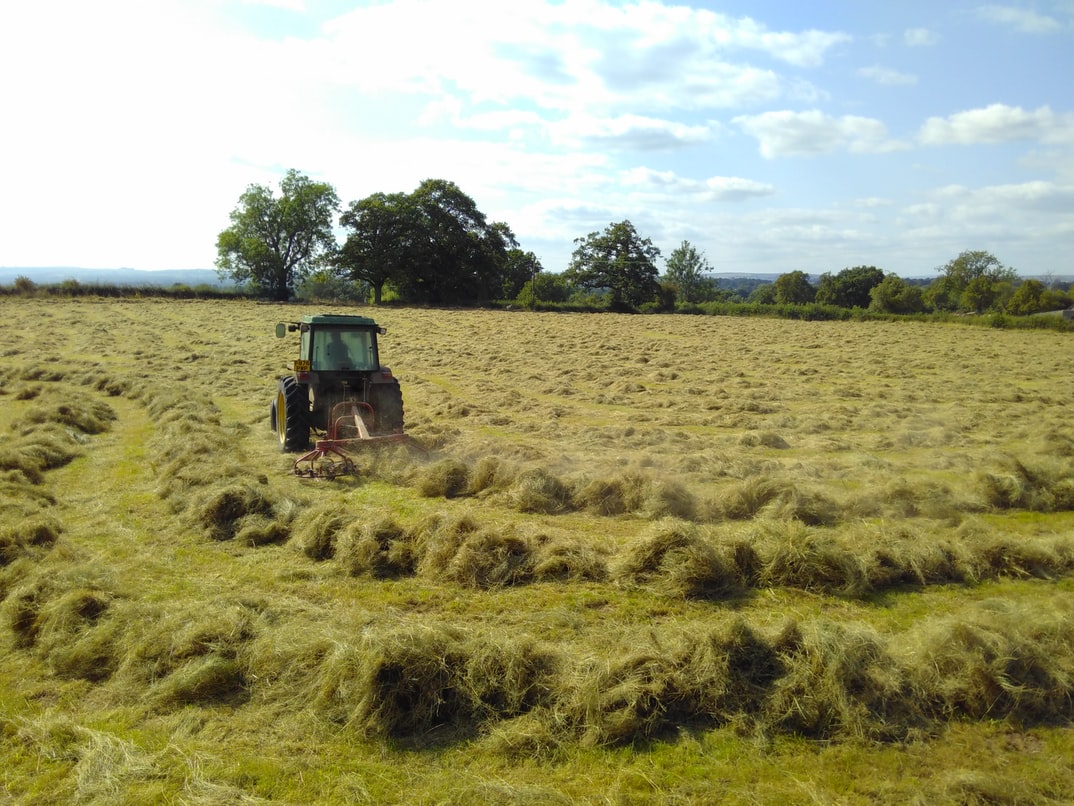Stresses facing communities living in rural Herefordshire are not being properly taken into consideration by policy makers and councillors will today be asked to build ‘rural proofing’ into decision making processes to help shine a light on the hidden poverty and issues around access, isolation and job opportunities which many rural communities face.
Rural proofing will ensure the needs of rural communities will become transparent and demonstrate whether Government or local policies address the needs of rural communities and economies in Herefordshire, says Coun Yolande Watson who is urging that Herefordshire start developing a Rural Strategy.
‘Rural counties face many challenges and opportunities, from leaving the EU, declining farm profitability, changing consumer and live/work patterns, an ageing population, housing affordability, access to public transport services, training provision, banking and high speed broadband in certain areas, climate change and new technology,’ Coun Watson argues.
‘The recent debacle with the Gigaclear broadband contract revealed the challenging geography, sparsity of population and lack of existing infrastructure in Herefordshire’s rural wards were not considered by the contractor. I am asking Herefordshire Council to focus on its rural communities so they can ‘thrive’ and not just ‘survive’. Its budgets and contracts needs to demonstrate to the 53% of the county that it clearly identifies the challenges living in rural areas and considers them in its decision-making processes, not just anecdotally, but by collating the evidence of hard facts and figures.’
Asking fellow councillors to support her, Coun Watson will tell them that the dynamics of rural areas are different from those of urban areas and it is essential the needs and opportunities in rural areas be fully addressed.
‘There is insufficient government funding for rural areas and the fact that, with more resources of all kinds, more could be done. Our County Plan describes our rural nature but we do not collect the evidence to demonstrate the disparity of funding across the county in terms of urban versus rural.’
Coun Watson cites the example of East Riding of Yorkshire Council, a unitary council with a small team dedicated to rural issues which champions ‘rural’ and provides a ‘Rural Voice’ for rural communities through a Rural Strategy produced in 1998. This enables the council to focus on rural-proofing, rural policy development, rural partnership development and facilitation, rural funding and rural delivery. These initiatives have helped to raise the rural profile and attract external rural funding into the area.




